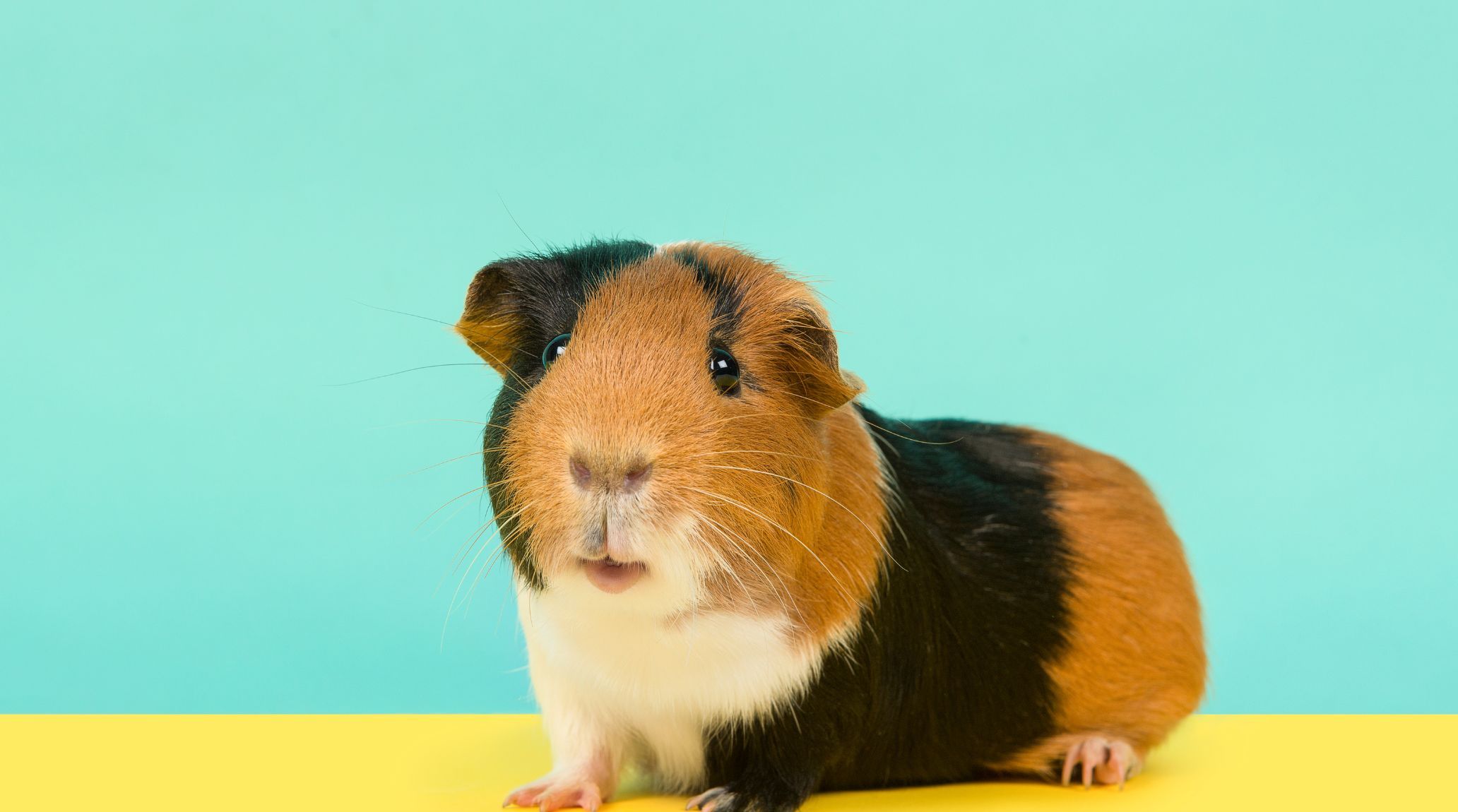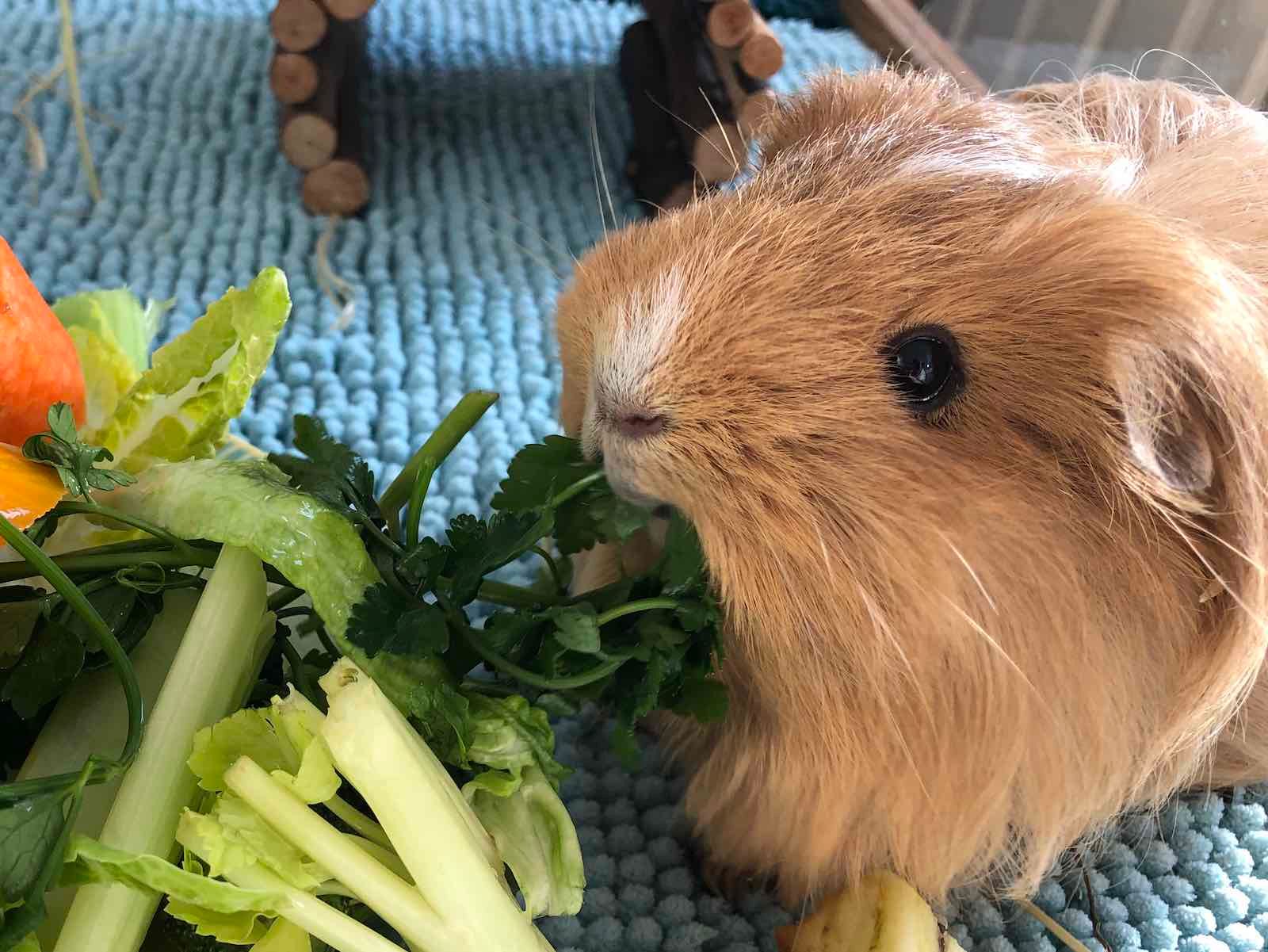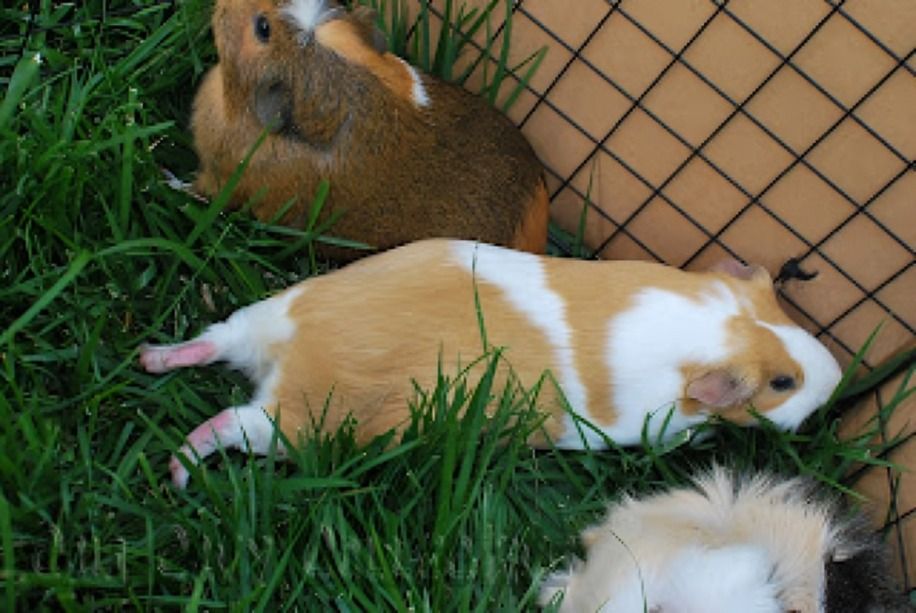
“
Guinea pigs, beloved companions known for their gentle nature and charming personalities, hold a special place in the hearts of pet owners worldwide. Originating from the Andes Mountains of South America, these rodents, scientifically named Cavia porcellus, have been domesticated for thousands of years. Here, we delve into 20 guinea pig facts that illuminate the lives and characteristics of these endearing rodents.1
1
”
Despite their name, guinea pigs don't originate from Guinea. They actually come from the Andes in South America. The name might come from Spanish explorers' route through Guinea or a mispronunciation of "Guiana," an area in South America.1
Guinea pigs are not pigs; they're rodents. Males are called boars, and females are sows. Their scientific name, Cavia porcellus, translates to "little pig" in Latin, likely due to their pig-like squeaking sounds. They are often referred to as cavies.2
With proper care, guinea pigs can live 4-8 years. They require a diet rich in hay, fresh vegetables, and vitamin C. Due to a healthy diet, they stay active and vibrant throughout their lives as beloved companions.3
They are highly social animals, preferring to live in pairs or groups. This social interaction helps them feel secure. It mimics their natural behavior in the wild, where they live in herds. 4
Guinea pigs communicate through a variety of vocalizations like squeaks, purrs, and chirps. Each sound has its distinct meaning, allowing them to express emotions and needs to their owners and other guinea pigs. 5
Guinea pigs are crepuscular and sleep only briefly, being active for up to 20 hours daily. They need continuous access to food, water, companionship, safe hiding spots, and toys. 6
Guinea pigs have scent glands on their rumps, which they use to mark their territories. By rubbing their hindquarters on surfaces, they establish ownership of their space. This behavior is rooted in their instincts. 7
Their teeth continuously grow, so they need to chew on hay and chew toys.Chewing is crucial for preventing dental problems and maintaining oral health.8
Guinea pigs can perform impressive moves, including a form of breakdancing called "popcorning." This energetic behavior involves jumping and spinning in place, showcasing their agility and enthusiasm. 9
Guinea pigs have poor eyesight but compensate with a keen sense of smell and excellent hearing. These heightened senses help them navigate their environment. They can detect potential dangers effectively. 10

As herbivores, their diet consists mainly of hay, fresh vegetables, and specialized guinea pig pellets. These foods are crucial for their health. They provide the necessary nutrients and keep their digestive system functioning properly.
On January 14, 2023, in Madrid, Spain, Willow the guinea pig set a record by jumping 24 cm (9.44 in), surpassing the previous 22 cm mark. Owner Gabriela Pérez hopes this highlights guinea pigs' intelligence and potential as pets. 11
Newborn guinea pigs are born fully furred, with eyes open and the ability to walk shortly after birth. This precocial nature allows them to be relatively independent from a very young age. It increases their chances of survival. 12
Guinea pigs require a constant source of vitamin C in their diet because they cannot produce it internally. This essential nutrient is crucial for their overall health. It helps to prevent illnesses like scurvy and ensures their well-being. 13

Guinea pigs have distinctively patterned feet that leave unique footprints, similar to a fingerprints in humans. This trait is due to the unique arrangement of their paw pads and the way they walk.
Guinea pigs have sharp front teeth (incisors) that are continually growing.Chewing helps keep their teeth at the proper length and prevents dental issues. 14
Female guinea pigs have a unique reproductive trait called "estrus." They can be fertile immediately after giving birth. This trait allows for the possibility of rapid successive pregnancies. 15
They can learn to recognize their names and respond to simple commands with proper training and bonding. This intelligence makes them engaging pets. They can interact with their owners in meaningful ways. 16
Guinea pigs have a relatively short pregnancy period, known as gestation, lasting about 59 to 72 days. This short gestation period allows them to reproduce several times a year. It contributes to their species' rapid population growth. 17
Guinea pigs are sensitive to temperature extremes, particularly heat. They are prone to heatstroke if kept in environments above 80 degrees Fahrenheit (27 degrees Celsius). 18


